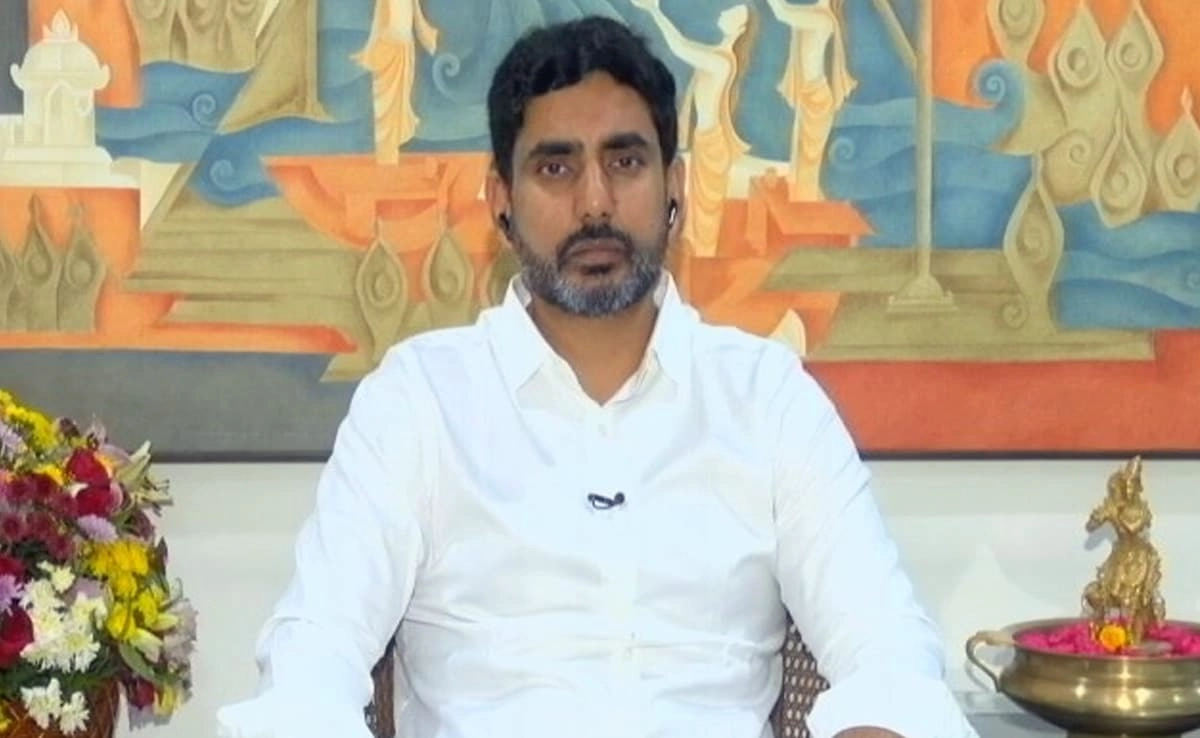The recent suspension of late-night host Jimmy Kimmel by ABC has ignited a significant conversation about free speech rights within the entertainment industry. Kimmel’s suspension stems from controversial remarks he made during a segment that many deemed politically charged. This incident not only raises questions about the boundaries of comedic expression but also highlights the delicate balance between a network’s responsibility to its audience and the personal freedoms of its hosts. The situation becomes even more complex when considering the role of public figures in shaping societal discourse and the expectations placed upon them by their employers.
Free speech is a foundational principle in democratic societies, allowing individuals to express their opinions without fear of censorship or retaliation. However, in the context of broadcast media, this right is often complicated by corporate interests and audience sensitivities. Networks like ABC must navigate the fine line between supporting their talent’s creative freedom and maintaining a brand image that appeals to a broad audience. Kimmel’s case illustrates how quickly public opinion can sway corporate decisions, ultimately leading to punitive actions against individuals who may have intended to provoke thought or laughter.
Moreover, the implications of Kimmel’s suspension extend beyond just one individual. It serves as a litmus test for the current climate of political correctness in entertainment. Many comedians and public figures are increasingly aware of the potential backlash they might face for their statements, leading to a chilling effect on free expression. This scenario raises vital questions: How far can comedians push boundaries in their work? And at what point does artistic expression cross the line into offensive territory? As society grapples with these questions, the Kimmel suspension stands as a noteworthy example of the ongoing tension between freedom of speech and corporate accountability in the modern media landscape.
The discourse surrounding this incident can also reflect broader societal divisions. Viewers and fans may find themselves on opposing sides of the debate, with some lauding Kimmel for his boldness and others criticizing him for crossing a line. This polarization is indicative of the current cultural climate, where individuals often feel compelled to take sides on issues that were once considered simply part of the comedic landscape. As such, Kimmel’s suspension is not just an isolated event but a microcosm of the ongoing struggle over free expression and the evolving standards of acceptability in public discourse. Ultimately, it challenges us to consider how we define comedy, free speech, and the responsibilities that come with both in a rapidly changing world.




